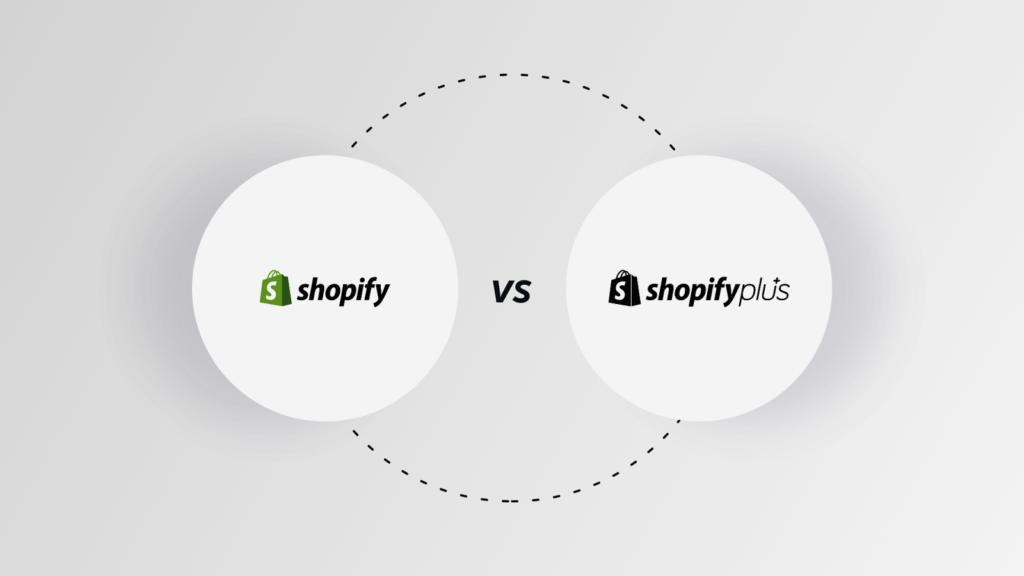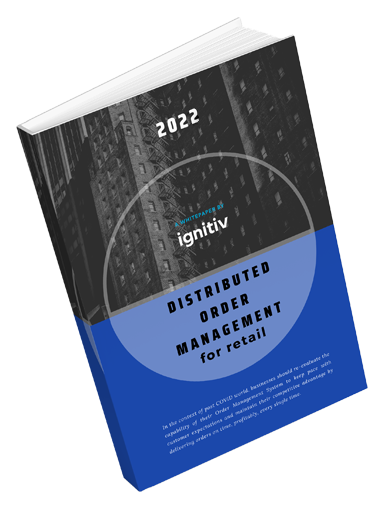The Challenges in Adopting Composable Commerce and How to Overcome Them?
Composable commerce is an approach to eCommerce technology that emphasizes the ability to combine and integrate individual software components or services to create a custom eCommerce solution that meets specific business needs. It involves breaking down the eCommerce architecture into independent and interchangeable building blocks, allowing businesses to assemble their unique eCommerce stack rather than relying on pre-built, all-in-one solutions.
To that end, composable commerce introduces more flexibility, agility, and scalability into the mix. Businesses are better equipped to adapt and evolve their eCommerce solutions as their needs change without being locked into rigid, proprietary systems. Of course, this accrues various benefits. For example, they can:
- Respond quickly to changing market conditions, customer demands, and emerging technologies — all while reducing costs.
- Leverage the best-of-breed components and services available in the market, ensuring a competitive edge in an otherwise rapidly evolving eCommerce landscape.
However, before going full throttle for implementing composable commerce, enterprises must understand the challenges associated with the adoption.
Challenges in Adopting Composable Commerce
Complexity of the Technology
Composable commerce can introduce complexity to eCommerce technology due to the involvement of multiple vendors and systems. Consider this; it requires businesses to manage and integrate various components and services from different vendors. This can lead to interoperability and integration issues. Ensuring seamless communication between components and services can be a significant challenge, particularly when working with legacy systems.
Moreover, customization and scalability can be challenging to realize. While businesses can assemble a tailored eCommerce solution by selecting the best components and services, customizing and integrating these components to work together effectively can be a complex endeavor.
Skills and Resources
Implementing composable commerce requires specific skills and resources that businesses may not have in-house. More profoundly, businesses must have access to specialized technical knowledge to select, integrate, and manage the various components and services effectively. This can include knowledge of programming languages, APIs, cloud infrastructure, and other technical areas.
Time and resource constraints can also transpire when implementing composable commerce, especially for small businesses with limited resources.
Governance and Management
Composable commerce can introduce governance and management challenges due to the lack of centralized control and visibility. With numerous components and services, it can become difficult to maintain a centralized view of the entire eCommerce solution. Result? Coordination and collaboration challenges, leading to potential communication breakdowns and operational issues.
Risk management and compliance can also be a challenge in composable commerce. With multiple vendors and systems involved, businesses need to ensure they are complying with relevant regulations and standards. Additionally, managing security and data privacy across multiple components and services can be complex and require ongoing attention.
In essence, effective governance and management of composable commerce require businesses to establish clear policies, procedures, and responsibilities. This can involve:
- Establishing communication channels between teams
- Monitoring and managing compliance and security risks
- Establishing governance frameworks to ensure effective coordination and collaboration across the organization
How To Overcome the Challenges of Adopting Composable Commerce?
Partnering with an Expert
Partnering with composable commerce experts can benefit businesses significantly. Here’s how:
- They can guide businesses in selecting, integrating, and customizing various components and services.
- They have experience with governance and management challenges, including risk management, compliance, and governance frameworks.
- They can help accelerate the implementation process, reduce the risk of errors and issues seeping in, and ensure the delivery of more effective and efficient eCommerce solutions.
Preparing for the Transition
Preparing for the transition to composable commerce involves several key steps. Firstly, businesses must conduct a thorough needs assessment and gap analysis to identify the specific components and services needed to build a tailored eCommerce solution that meets their needs. This process involves:
- Evaluating the existing eCommerce infrastructure
- Identifying gaps and specific areas for improvement
- Defining the specific components and services needed to fill these gaps
Next, they need to build a solid business case for composable commerce, demonstrating the potential benefits of this approach and the return on investment it can realize. This involves:
- Identifying the specific business goals and objectives that composable commerce can help achieve
- Quantifying the potential cost savings and revenue opportunities
- Presenting a clear and compelling case for why the organization should adopt this approach
Finally, businesses need to create a comprehensive implementation plan that outlines the specific steps, timelines, and resource requirements for implementing the composable commerce solution. In concrete terms, this plan should constitute:
- A detailed breakdown of the components and services needed
- A clear roadmap for the implementation process
- A risk management strategy to address potential issues and challenges that may arise during the implementation process
Leveraging Technology and Tools
Businesses can use several key technologies and tools to optimize their eCommerce solution.
For one, businesses can utilize automation and analytics tools to streamline processes, reduce costs, and improve efficiency. For example, companies can use automation tools to
- Manage and update product catalogs
- Automate order processing
- Handle customer service inquiries
Analytics tools can help businesses gain insights into customer behavior, optimize product offerings, and improve the overall user experience.
Secondly, businesses can leverage cloud-based solutions to improve scalability and flexibility. Cloud-based solutions allow businesses to easily scale their eCommerce infrastructure as needed without having to invest in costly hardware and software. As such, they can easily add or remove components and services as needed to meet changing business requirements.
Finally, adopting agile and DevOps methodologies can help businesses manage the complexity of composable commerce more effectively. These methodologies emphasize iterative development, continuous testing, and collaboration between teams responsible for different components and services. This can help organizations identify and address issues quickly and ensure that the eCommerce solution is optimized for maximum efficiency and effectiveness.
How We Can Help?
Overall, composable commerce offers significant benefits to businesses in the eCommerce space, allowing them to achieve greater agility, flexibility, and scalability while improving the overall customer experience and driving revenue growth.
However, partnering with a composable commerce expert is essential for businesses looking to navigate the complexity of this approach effectively — precisely where Ignitiv can help. Get in touch with us to learn more about our proven approach to realizing success with composable commerce.








